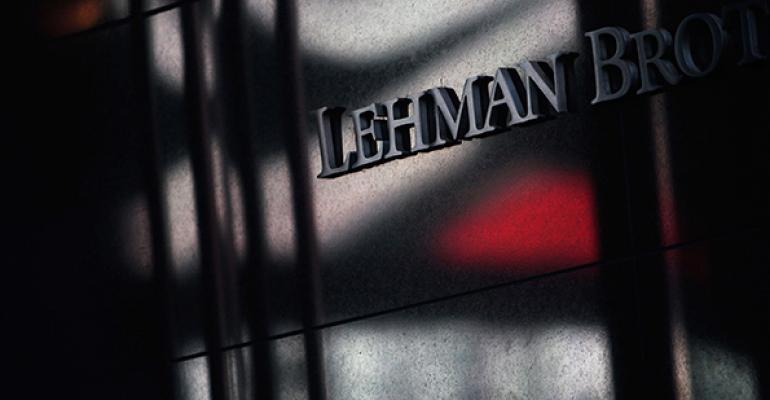Bloomberg) -- Many who follow the depredations of large corporations share a feeling that U.S. criminal law and its enforcers too often fail to hold these institutions accountable. Writers ranging from U.S. District Judge Jed Rakoff in New York to muckraking journalist Matt Taibbi have complained of the paucity of convictions for financial crime.
Now comes Samuel Buell, a law professor at Duke University, whose new book, Capital Offenses: Business Crime and Punishment in America’s Corporate Age, explains why the white-collar criminal justice system comes up short. Despite being thin on proposed reforms, this new offering deserves attention from anyone concerned with the topic.
The author brings two excellent credentials to his task: a breezy writing style and deep prosecutorial experience. He led the U.S. Justice Department’s Enron Corp. Task Force and earlier worked on the prosecution of notorious Boston gangster James “Whitey” Bulger. When it comes to errant corporations, Buell writes, the government runs into a structural problem: As a legal creation, the corporation was specifically designed to reduce personal responsibility. It’s a device that allows individual owners—shareholders—to limit their liability while sharing capital. The sheer size and complexity of many modern companies allows top managers, nominally employees of those shareholders, to maintain that whatever criminality may have transpired in the trenches escaped their notice.
Consider this: Despite its central role in sparking the 2008 financial crisis, the now-defunct Lehman Brothers Holdings Inc. and its chief executive, Richard Fuld, were never charged with a crime. It wasn’t that the Justice Department couldn’t find suspect transactions, Buell explains. He points to one called Repo 105, which Lehman used to borrow large amounts of money without calling it debt. “The careful construction of these deals on the knife edge of regulations, and the blessing of legal and accounting experts, made it nearly impossible to prosecute Lehman,” he writes.
More broadly, prosecutors sifting through the rubble of the Wall Street collapse had trouble identifying victims who were directly defrauded. Main Street America suffered when credit markets froze and the Great Recession hit, but the criminal justice system demands a tighter connection between fraudulent misdeeds and victimization.
The buyers of all those toxic mortgage-backed securities confected by Lehman and its rivals were largely sophisticated institutions, including insurance companies and other banks. They knew or should have known the risks, Buell argues, and generally weren’t defrauded—they simply made bad bets. “The 2008 collapse of debt securities markets was many things, including proof of a massive regulatory failure and a fiesta of foolish risk management,” he says. “But it was not, at least writ large, fraud.”
One may disagree with his conclusions, but Buell does an admirably brisk job of analyzing what’s gone wrong with a litany of corporate prosecutions. His treatment of the Enron fiasco is characteristically concise: The executives he helped prosecute “did not go to prison for running a fake company. The prosecutions were based on specific accounting maneuvers that crossed the line from risky or aggressive management of the company’s finances into fraud.” And critically, he adds, the defendants could be shown to have known what they were doing was wrong.
Unfortunately, Buell’s reform ideas seem like afterthoughts. Since incorporation is technically a state license to do business, he suggests states could be choosier about what businesses corporations are allowed to engage in. But in the real world, states compete to make incorporation easier, not harder. Another of Buell’s proposals is to redefine the legal duties of corporate managers to include more robust duties to the public. Sounds nice, but it’s awfully vague.
The author himself admits that in today’s hyper-partisan political environment, “such reform ideas are off the table, if not delusional.” In other words, the flaws and paradoxes of corporate criminal law are likely to persist.
To contact the author of this story: Paul Barrett in New York at [email protected] To contact the editor responsible for this story: David Rovella at [email protected]

